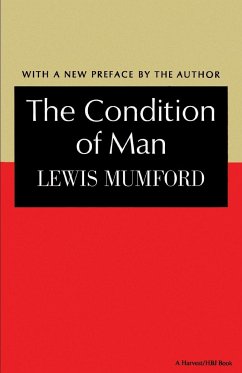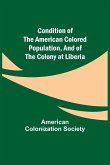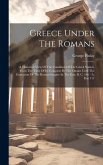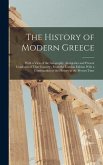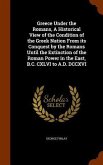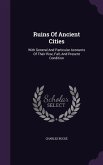This is the third volume in Lewis Mumford's superb "Renewal of Life" series, which also contains Technics and Civilazation, The Culture of Cities, and The Conduct of Life. The present book explores the historic development of the personality and the community. Ranging from ancient Greece to our own century, the author takes Western man over the ground of his past, singles out events that have done him injury, and reveals his latent sources of creative action, too long thrust aside in an age that depends for salvation on the machine. Since the original publication of this book, Lewis Mumford observes in his new Preface, his analysis of the weaknesses of modern civilization has been confirmed: the condition of man has worsened; "What were once only local demoralizations or disasters now threaten to turn into planetary calamities." Despite this bleak prospect, the author shuns the philosophies of anti-life made fashionable by the nihilists, the existentialists, and the "brutalists, " and, as in all his work, stresses instead an essentially hopeful view of man's nature and the possibilities for human development.
Hinweis: Dieser Artikel kann nur an eine deutsche Lieferadresse ausgeliefert werden.
Hinweis: Dieser Artikel kann nur an eine deutsche Lieferadresse ausgeliefert werden.

